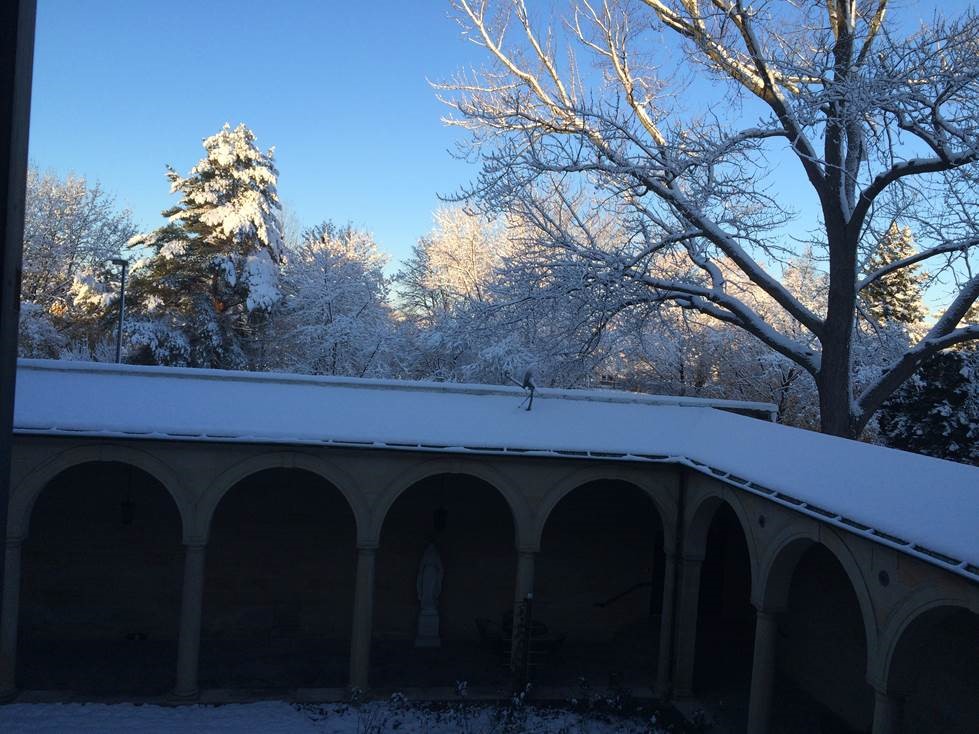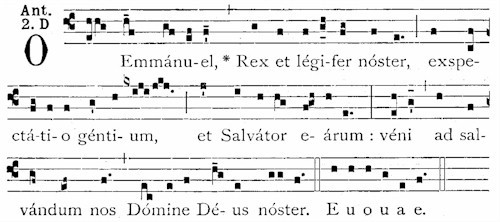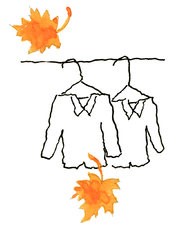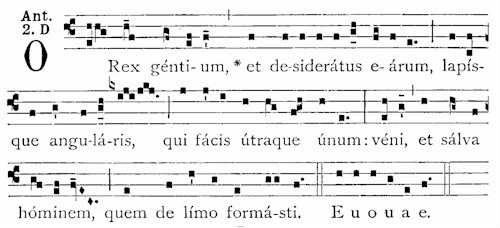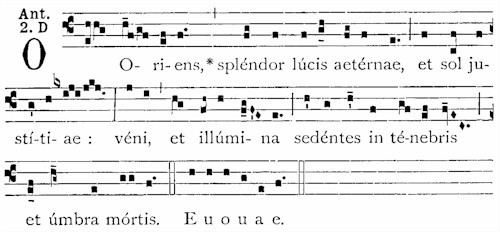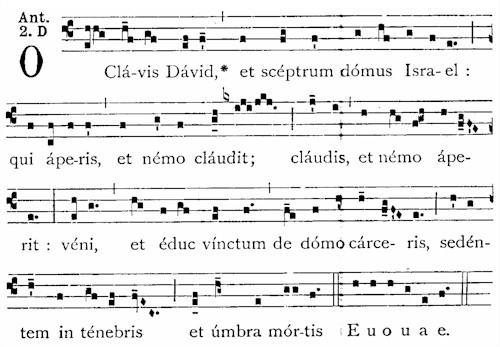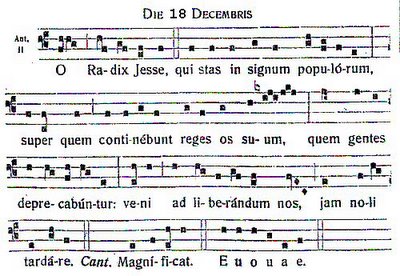Monday – January 11 — A Treasure . . . “buy the field”
People tell each other stories about what they see, and hear, and touch. People listen to stories. This ancient rhythm weaves humans together over and over. We tell each other how we understand the wide world and little worlds. At universities we talk about “research.” In my faith tradition we tell each other what we perceive in words from scripture. Telling and listening help make the world go round. The passage of time sifts words, sorting out the not very good from the good and the very good. But in a lifetime of listening you can notice a few sayings so compelling that they hold their shape as clear and unforgettable for decades.
Many people whom I know are keeping vigil today as Gerry Stockhausen labors with his dying in an Omaha hospital room kept company by some of the close women and men of his life. Once I heard Gerry preach a game-changer homily. I write how I remember what he said then as a way of keeping vigil this morning with my soul friend in that Omaha room.
Today’s Post – a treasure in a field
“The kingdom of heaven is like treasure hidden in a field which someone has found; s/he hides it again, goes off happy, sells everything s/he owns and buys the field.” Matthew 13:44
Gerry Stock (as I remember what he said that day)
The saying tells of a treasure and a field. Parables are not long, they reveal their meaning when you pay attention to the words. This parable does not say, “S/he dug up the treasure, cleaned off the dirt, and carried the treasure away.” If you want the treasure you have to take the whole field, everything in it, what you treasure and what you wish was not part of the deal. It’s that way when you fall in love and decide to commit to each other: “For better, for worse”; good days and bad days; tenderness and fights; patience and impatience; grief and joy. It’s that way, too, when you decide to take on a new job or move to a new city, or commit yourself to a process of reconciliation that invests you more deeply in some real and earthy person or place.”
This is how I remember what Stock said one day some years back. I’ve not been the same since.
Have a blest day 1 of the university 2nd work week and the 1st week of classes.
john sj
p.s. Teri Kult texted me this morning at 7:23 describing Gerry’s night.
“Quiet night, very peaceful, it is all in God’s hands.”
p.p.s. One of GM Hopkins poems came to mind thinking of Stock this morning.
“The Windhover: To Christ our Lord”
I caught this morning morning’s minion, king-
dom of daylight’s dauphin, dapple-dawn-drawn Falcon, in
his riding
Of the rolling level underneath him steady air, and striding
High there, how he rung upon the rein of a wimpling wing
In his ecstasy! then off, off forth on swing,
As a skate’s heel sweeps smooth on a bow-bend: the hurl
and gliding
Rebuffed the big wind. My heart in hiding
Stirred for a bird,–the achieve of, the mastery of the thing!
Brute beauty and valor and act, oh, air, pride, plume here
Buckle! And the fire that breaks from thee then, a billion
Times told lovelier, more dangerous, O my chevalier!
No wonder of it: shéer plốd makes plough down sillion
Shine, and blue-bleak embers, a my dear,
Fall, gall themselves, and gash gold-vermilion.
Gerard Manley Hopkins 28 July 1844 – 8 June, 1889




